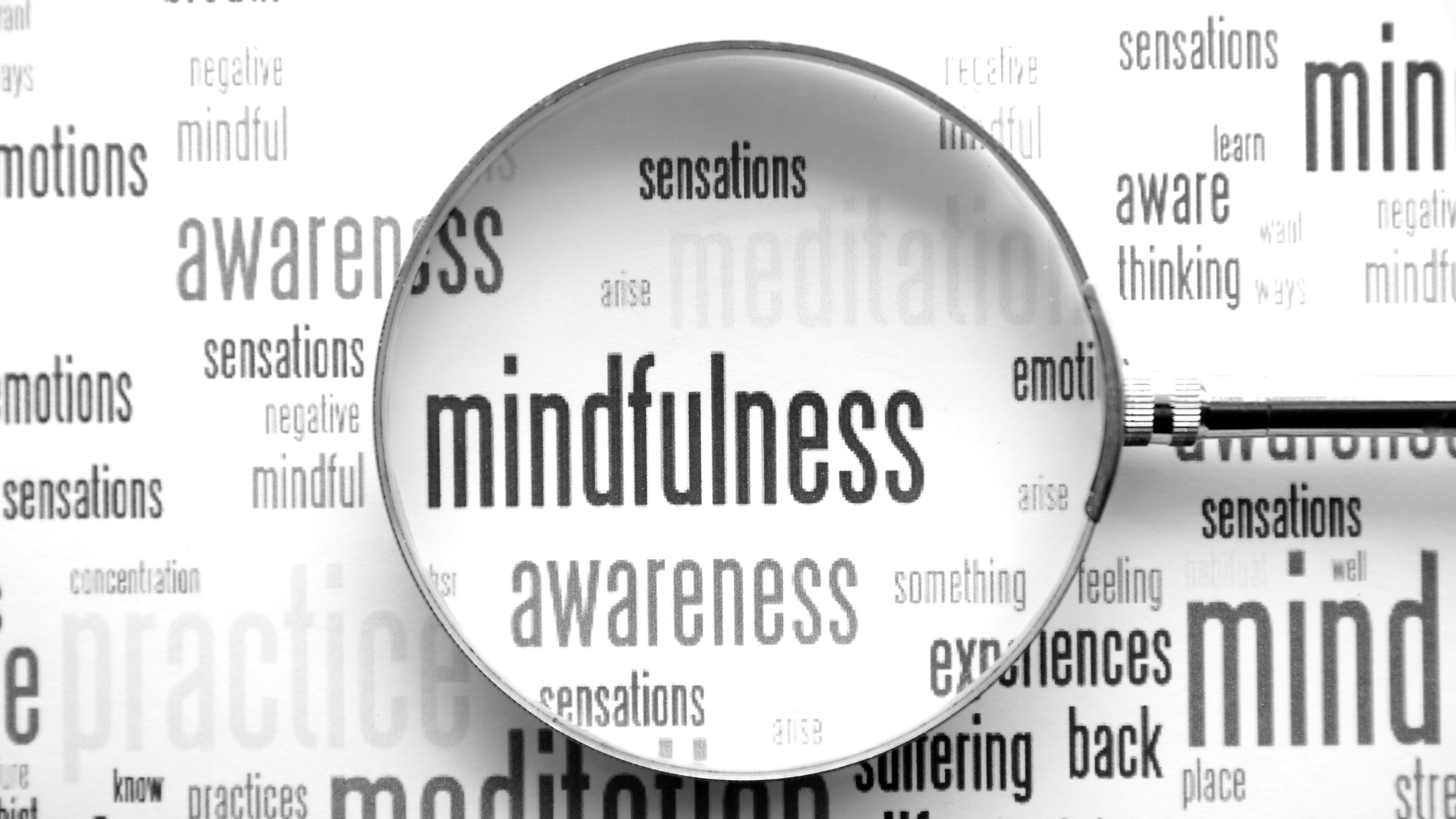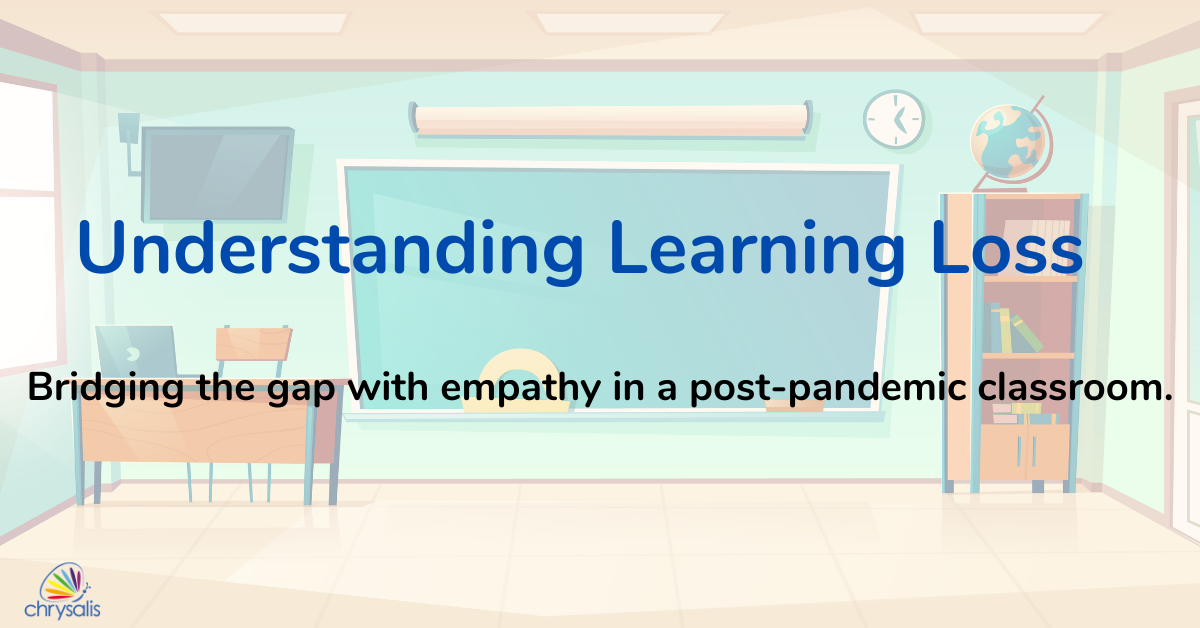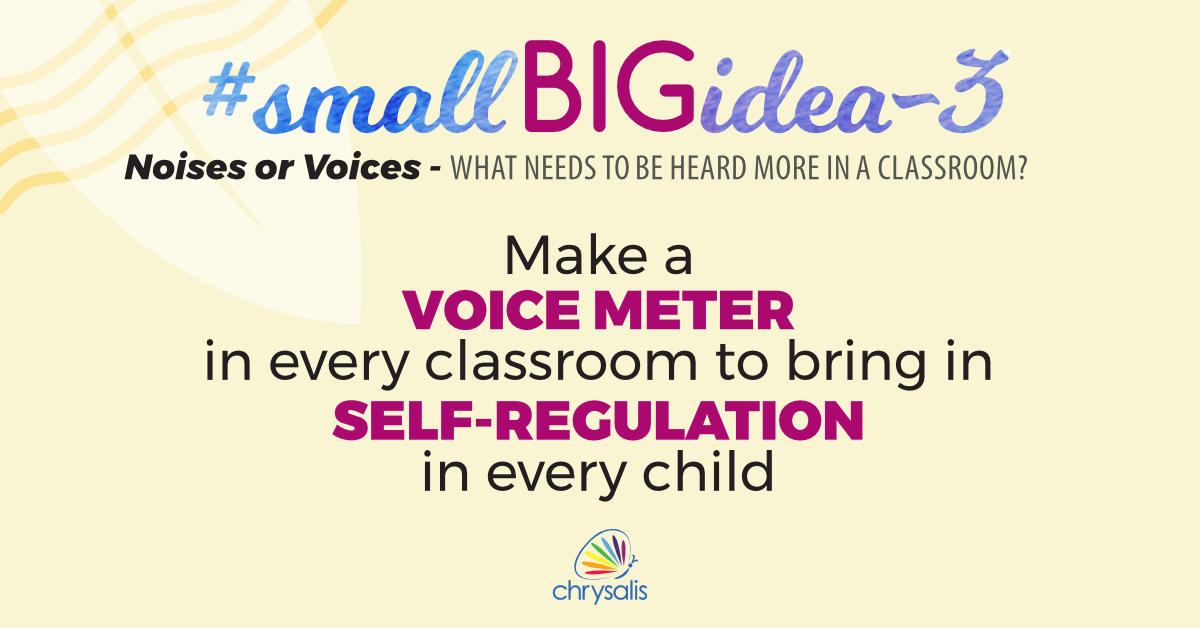In episode 3 of the Wellness Wednesday series, the topic was centered around the importance of mindfulness, its positive impact on our daily lives, and how we practice it. This session had a special guest, Chitra Ravi, Founder, and CEO of Chrysalis, and was given a well-deserved title of ‘Mindfulness Mentor’ by our host, Aditya.
There are some spiritual practices like waking up early, meditation, and journaling that transforms our mind. It helps our brain to assimilate what we’ve learned and internalise it. It also helps us deal with our daily challenges in a calm and collected manner.
What Makes Us Happy?
Things that make us happy can be fit into 3 major categories:
1. Possessions
It can be something as simple as a new notebook or journal or it can also be something which you buy to do an activity that you like.
2. Relationships
We all love to spend time with our friends and loved ones. The feeling of relaxation we get after a long chat with our friends or having a good time with our family is happiness.
3. Experiences
These are the activities that we like doing often. Some of them include taking a walk in the park, traveling, listening to music, cooking, and even eating a tasty meal.
Shawn Achor, author of ‘The Happiness Advantage’ spent years lecturing and conducting research on happiness at Harvard University. We usually think that we will be happy once we’re nearing or have achieved our goals. But, it's actually the other way round. Happy people tend to be more successful. He says that “90 percent of your long-term happiness is predicted not by the external world but by the way your brain processes the world. It’s not necessarily the reality that shapes us, but the lens through which your brain views the world that shapes your reality.”
What Is Mindfulness?
Mindfulness is paying attention to what’s happening in the present moment with an attitude of curiosity and kindness. Every day, we look at ourselves in the mirror. But, do we actually “see” ourselves? We might be thinking about how beautiful we were a few years ago or how we would’ve looked prettier now with a dress we can’t afford. Instead of this, why not just accept and appreciate ourselves just the way we are?
Have you ever ‘seen’ a leaf?
We see leaves every day. They’re practically everywhere. You can see them when you go out, when you tend to your garden, and even when you just look out of your door/window. But have we ever noticed a leaf? Here’s an experiment. Take a leaf and see it as if you’re seeing it for the first time, using your senses. Use your eyes to look at its size, color, its veins, and gradients. Do you recognize which tree it's from? Do you notice anything unique about it? Smell the leaf and think if you recognize the scent. How does the scent make you feel? Does it make you feel relaxed and help you calm down? Does the leaf make any sound when you crinkle it? Touch your leaf and feel if it’s soft, hard, or thick, or thin. Do this experiment with curiosity, wonderment, and gratitude. When was the last time you’ve ever seen a leaf like this? This is a present moment awareness exercise that you’ve done with kindness and curiosity. This mindfulness practice can be done with any object. Try this out with your family and this will surely be a hit with the kids because they're constantly curious.
Proven Benefits of Mindfulness
- Higher Performance
- Sharper Focus
- Better Health
- Awareness & Self Care
- Increased Attention
- Feeling Connected and Happy
- Boosts Resilience & Improves Immunity
- Stress Relief & Coping Skills
Obstacles to Mindfulness
- Restlessness
- Doubts
- Distraction
- Judgment/Bias
- Wants
- Multi-tasking
- Technology
Auto Pilot
During the stone age, men were in a constant fight or flight mode. This instinct has been passed down to us and our brain is still tuned to think that way. So, we don’t pay attention to what we’re doing and start planning for the future. When we do things without thinking, it’s called going into auto pilot mode. We usually do most of our daily activities like brushing our teeth, bathing, cooking, etc in this state. That’s why auto pilot is also known as the ‘Default Mode Network’.
How to stop Auto Pilot? How do we practice Mindfulness?
The best thing to do is bring our minds to focus on the task at hand. We can try brushing with our non-dominant hands so that our minds automatically pay attention to what we do because our normal task is a little harder than usual. When we eat, let’s focus on the food, its taste, smell, and how happy it makes us feel. This will also help us avoid overeating or undereating because we can sense if we’re full while we are eating instead of after finishing our meal. Meditation also goes a long way to help us be mindful.
One Cycle of Breath
Try doing this quick and easy meditation. Sit in a comfortable position, relax your shoulders and close your eyes. Just focus on your breathing, how you feel when you inhale and how your body moves when you exhale. Keep doing this for a minute and when you open your eyes, you will immediately feel relaxed and refreshed. Make this a part of your daily routine and you will feel the difference.
Multitasking - The Enemy of Mindfulness
Try reciting the alphabets from A to Z. See how many seconds it takes. Then, try reciting the numbers from 1 to 26. Now, try saying A1, B2, C3, D4, and so on to Z26. You find it difficult because of something called conflicting dissonance happening in your brain. This happens when your brain tries to process two contradictory patterns. The same can be applied to multitasking as well.
Why Doesn’t Multitasking Work?
- Each task that we do is actually a unique “project” that requires a separate focus.
- Switching quickly between tasks comes at a cost. It depletes your brain power quickly leading to feelings of exhaustion.
- We may think that multitasking is an important part of modern life, but your brain may need approximately 20,000 years to catch up to this continuous cycle of switching between tasks.
Mindfulness for a Teacher
Teachers can practice mindfulness at work while doing these tasks:
- Active listening - It’s as simple as giving your full attention to the person who is speaking to you, whoever it might be.
- Mindful lesson planning - Concentrate on preparing for your lessons and do it without any distractions or doubts like you don’t have enough time to do this.
- Mindful facilitation - On your way to class, tell yourself that you'll be focused on this class and that it's your only priority till the class ends.
Mindfulness will help us be calm, kind, and open-minded. It is not an abstract or boring concept. We can try doing these ‘Mindfulness Mantras’ diligently every day and we can definitely see a positive impact on our minds and our lives.
Mindfulness Mantras
- I will try at least one informal practice every day for a few minutes.
- I will allot time in my schedule for formal practice like making it a part of the teacher's meeting.
- I will ask myself before I go to bed at night, "What was I grateful for today?"
- I will consciously attempt not to multi-task and focus completely on the task at hand instead.
Here’s a link to the webinar recording. Share it with your friends, family and practice mindfulness.





